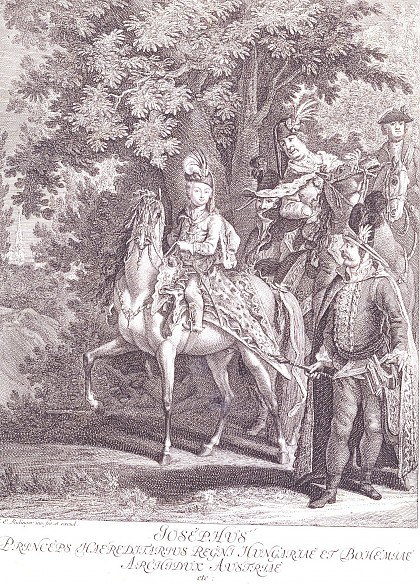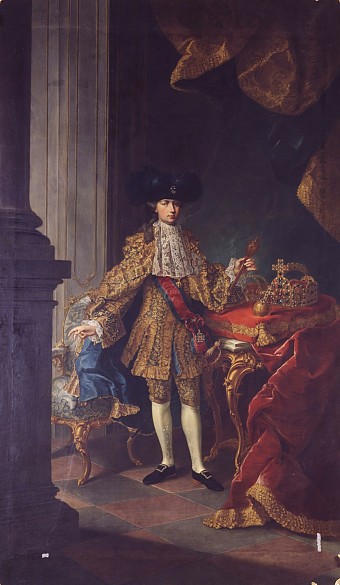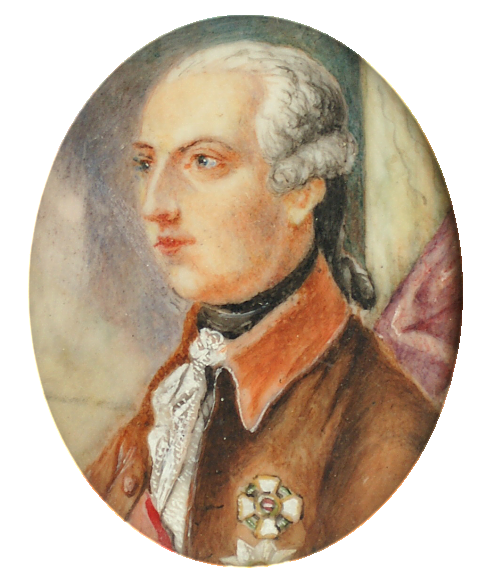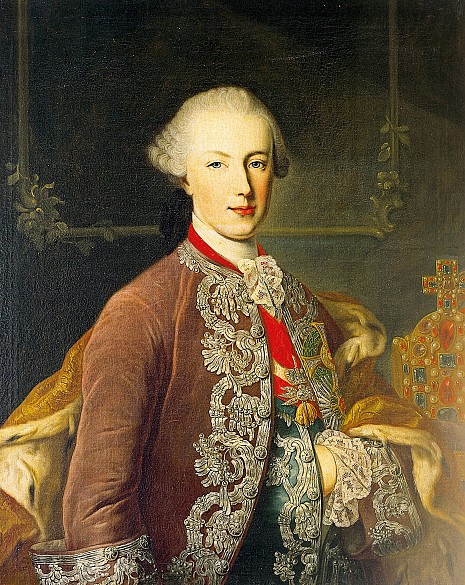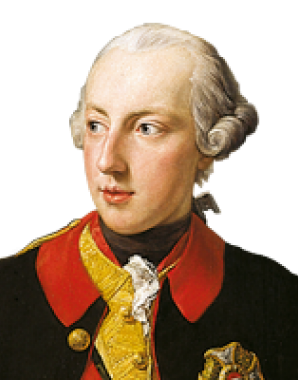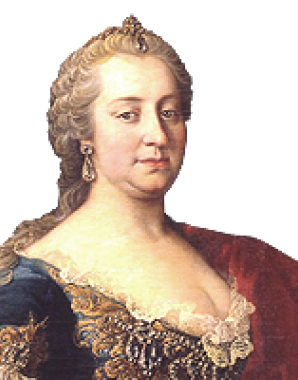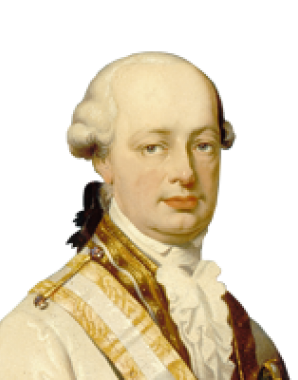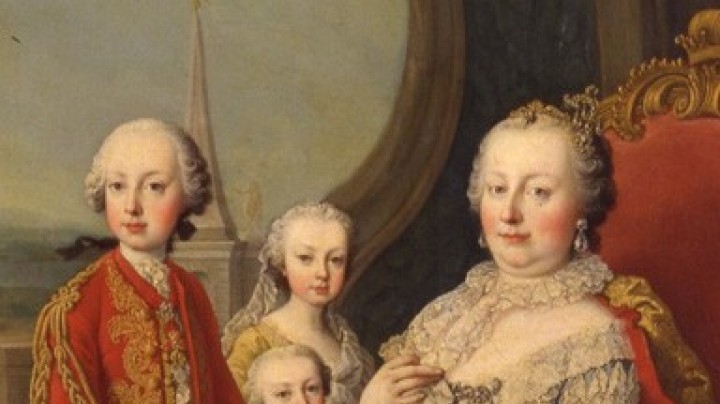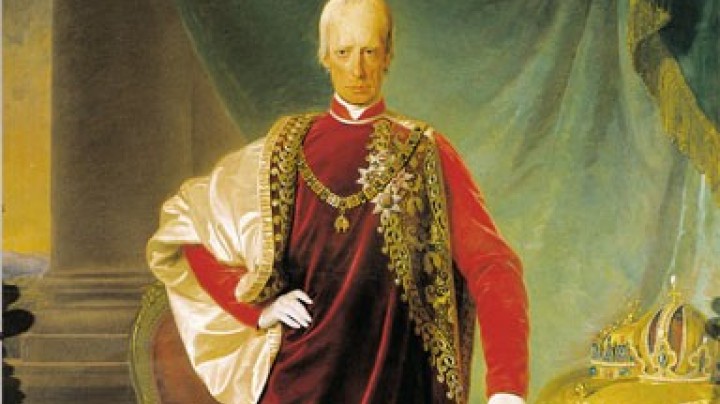Rule by mother and son: Joseph II and Maria Theresa
An ambitious son as emperor – what more could a mother wish for? But Maria Theresa was not particularly happy about her son Joseph’s reforms and successes.
Maria Theresia, Instruction for Joseph’s tutor Count Karl Batthyány, 1751The fact that my son, being to us such a dear and important pledge, was from the very cradle cared for with great tenderness and love has surely led to excessive concessions being made to his will and desires. In particular, as a result of various forms of flattery on the part of his serving woman and certain premature ideas about his highness, he has developed on the one hand a fondness for being obeyed and honoured and on the other a displeasure at contradiction, indeed an inability to put up with it at all, and while denying his own self nothing he acts in a casual, unkind and rude manner to others.
The birth of a male heir to the throne in 1741 was greeted with great rejoicing – a triumphal arch was constructed, allegorical depictions were composed, and the Pope despatched blessed swaddling clothes to the imperial capital. Joseph soon became aware of his importance as future ruler and developed a strong tendency to overestimate his own talents: when only ten years old he was observed by Maria Theresa to have ‘a number of premature ideas about his highness’. In his education, great store was set by the virtues proper to a future emperor: obedience, discipline, and piety.
Franz Stephan’s death in 1765 was followed by the accession of his son Joseph, who was crowned Holy Roman Emperor as Joseph II and functioned in the Habsburg hereditary lands as co-regent with his mother Maria Theresa. However, right through to her death in 1780, Maria Theresa remained the dominant super-mother.
Just as present-day historians differ in their opinions of Joseph, he was also a contentious figure in his own day. His numerous reforms and the high-handed methods with which they were implemented did harm to his public name. Within the family there were frequent differences of opinion between Joseph and his mother, who considered his radical changes rash and misguided. This resulted in constant disputes – which are even said to have divided the court of Vienna into two factions. Joseph’s brother and successor Leopold II described him as a hard and pathologically ambitious individual who ‘would not suffer contradiction’ and was full of ‘arbitrary and brutal principles’.
In the nineteenth century there developed in certain sectors of the population a veritable cult of Joseph II, with most particularly republicans, liberals, intellectuals and the peasantry revering him as a reforming emperor and a model for their own concerns. Joseph was consciously portrayed as an emperor of the people. While Joseph, like his own model Frederick of Prussia, was influenced by the ideas of the Enlightenment, revolutionary or democratic he certainly was not: his reforms were carried out to serve a political line that was aggressive and expansionist.
